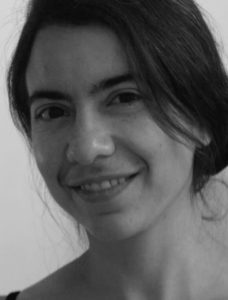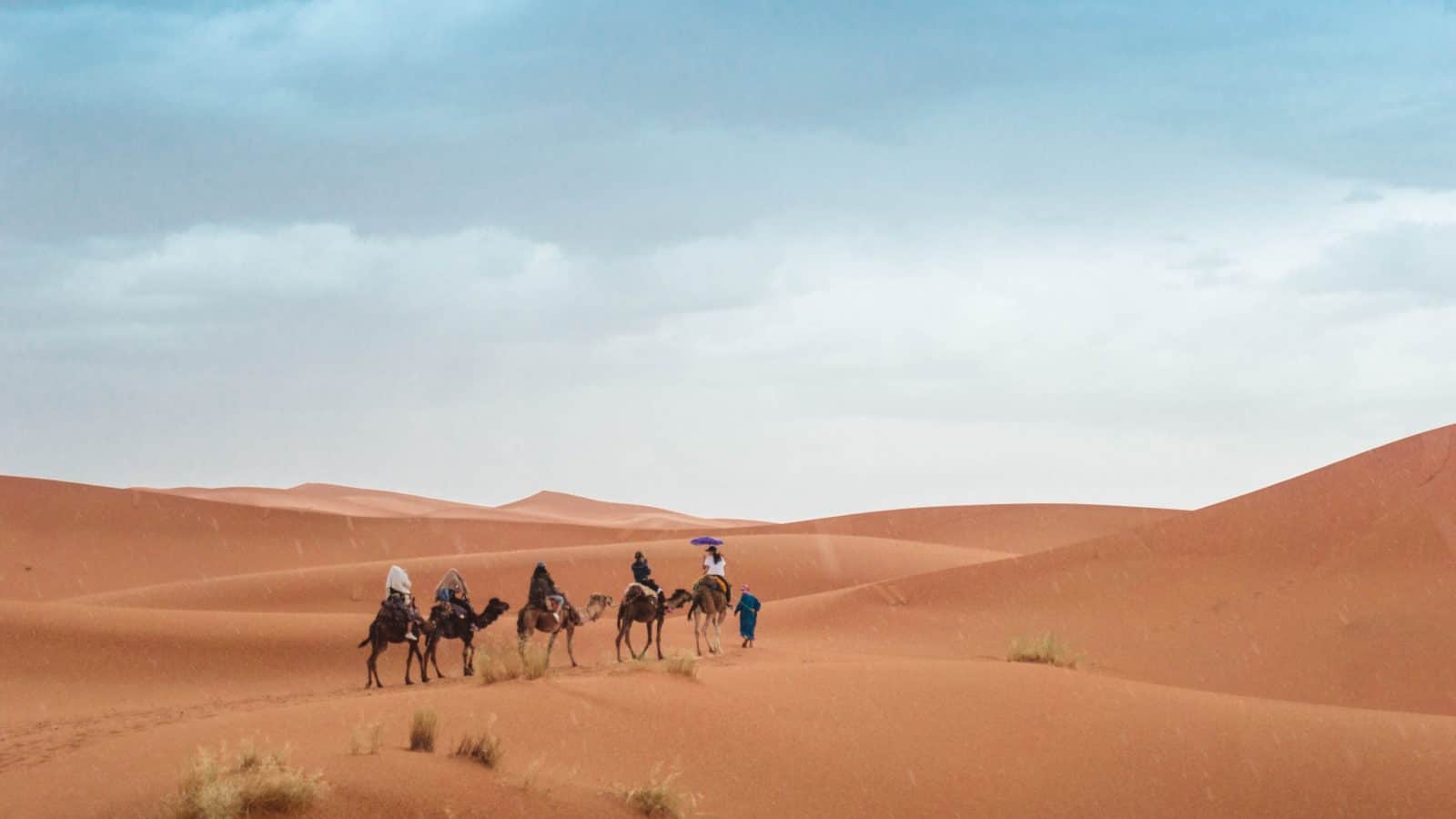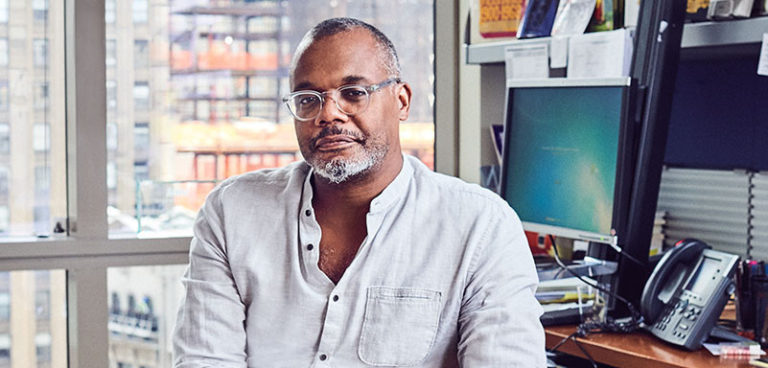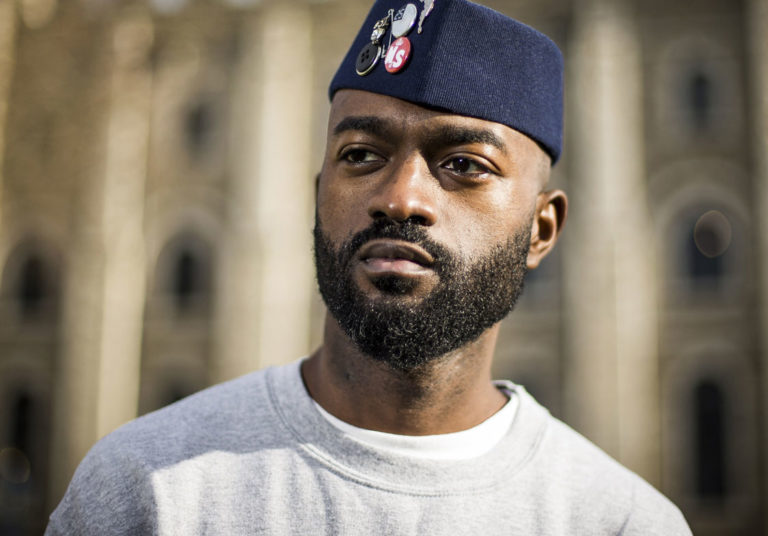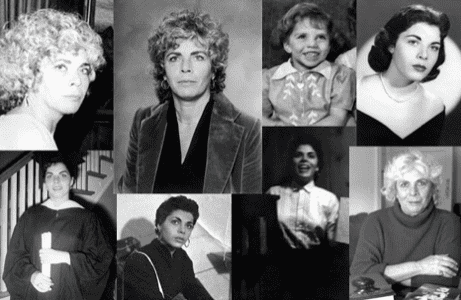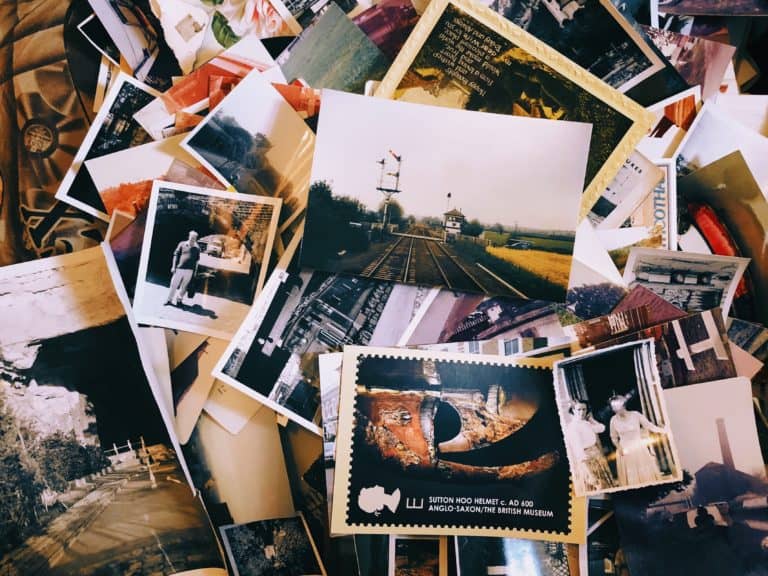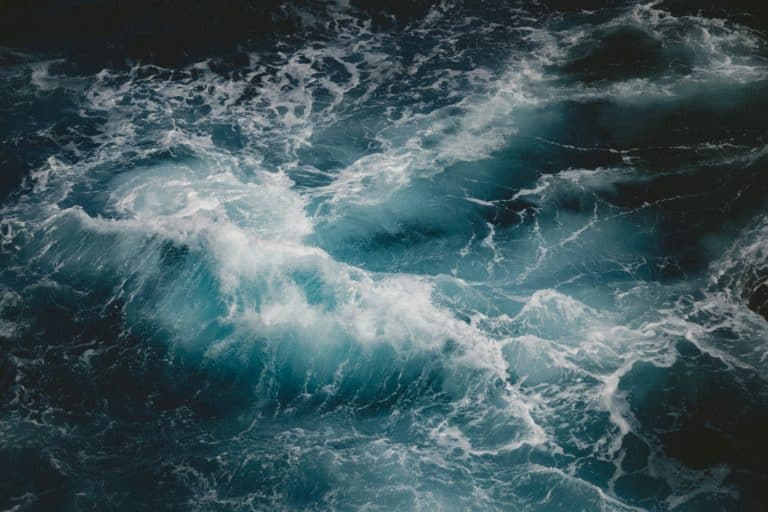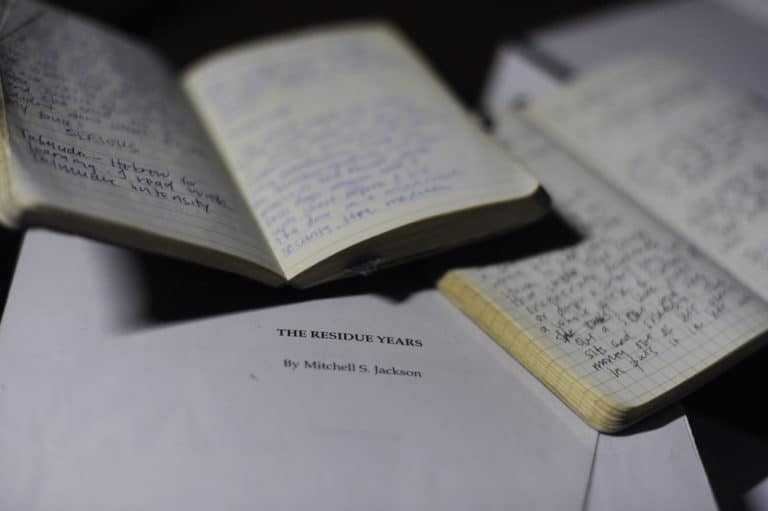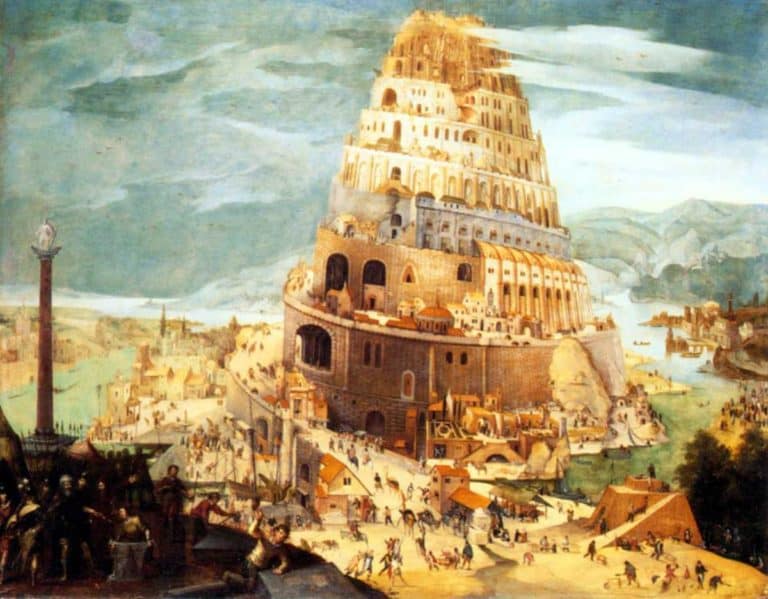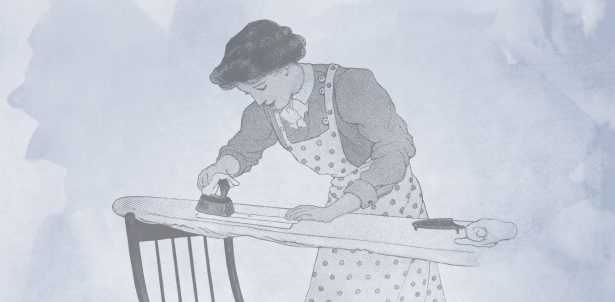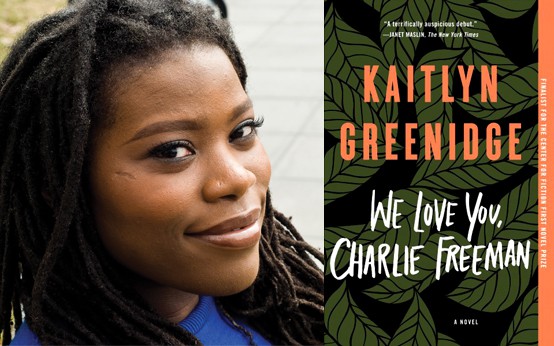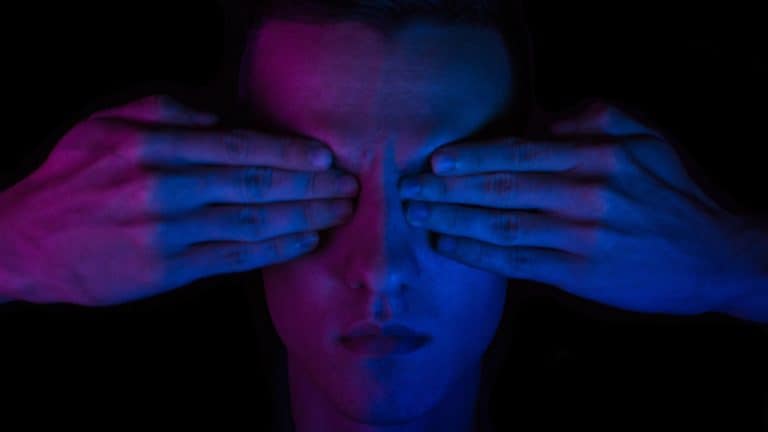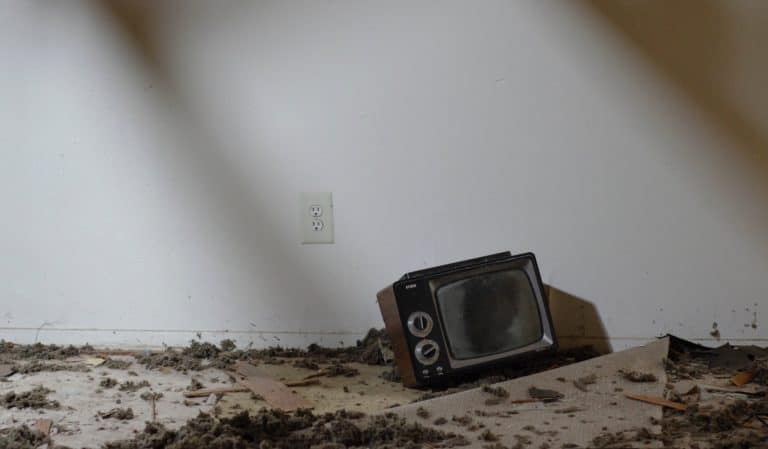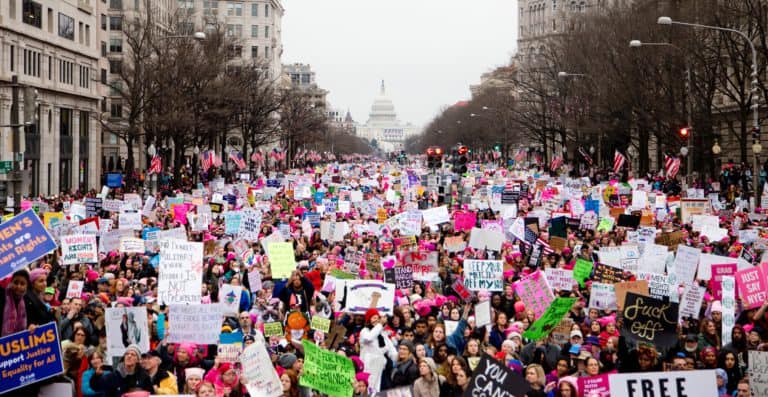There wasn’t much to do in Um Dukhun, the small city in West Darfur where I spent some months in 2006-2007. On wild nights my friends and I would go out for milk in the market. The milk came from the cows of pastoral herdsmen and was unpasteurized, so there was that for excitement, but the vendors boiled it and served it hot, so it wasn’t much of a risk. Still, drinking the thick, hot milk in the darkness of an off-the-grid market, elbow to elbow with my friends on the knotted strings of a wooden bedframe felt like being on the edge of the known world.
The question was, which edge?
Geographically we were far, but in a way that felt more like a remote center than an edge. One expat told me (and I don’t know if it’s true, but it seems likely) that we were at the point in the continent of Africa farthest from any ocean. The distance was amplified by the difficulty of getting there: a flight on one of several dodgy Sudanese airlines from Khartoum to Nyala, an overnight there because flight schedules were unreliable, and then a UN helicopter. Local traders came in on ancient saurian trucks piled impossibly high. They lurched on circular routes, hitting each town on its market day in an invisible overlap of circles, some connecting neighboring towns, some stretching across the Sahara.
It was easy to think of it as living in the past, maybe a biblical past. Women rode by on donkeys, their feet crossed in front of them above the neck. Men wore daggers in leather scabbards high on their biceps. Water came from wells, meat from the butchers’ section of the market, the sand around it studded with cow heads and stink.
The only ways of communication were the ones we brought with us, all satellite-based. I flew in with a thick-antennaed satellite phone, and spent some part of every night outside for my call in. Internet was achieved through a satellite modem; I had smuggled one in my suitcase on my first arrival into the country some six months before, but when I moved to Um Dukhun to open the new office there wasn’t one immediately available. I spent six weeks without internet, sending and receiving documents via thumb drive with the weekly helicopter in and out. For use in the town we had walkie-talkies.
Expats like me and inpats from other parts of Sudan, like the friends I went for milk with, weren’t the only ones with access to crumbs of technology from the present. Cobbled-together satellite dishes offered access to movies from Gulf channels and World Cup matches. Electric keyboards were hooked up to car batteries; plastic housewares and synthetic fabrics were imported from China; Pepsi and Fanta from wherever the closest soda factory was.
The fragments that drifted in from the rest of the world sometimes made me feel like I was living in the future instead of the past. It needn’t be so dramatic as post-apocalyptic: it could just be a future of re-emergent scarcity, a future in which the global grids of energy and communications had failed and couldn’t be put back together. It was comforting, in a way, to learn that I could live mostly without electricity, far away from both the large messy events of the world and the smaller gossip of Facebook.
At the time I was there, Darfur was in the news occasionally, and none of it was good. None of it even suggested that there was life there beyond attacks and atrocities. Yet there I was, going for milk in the market after dark, and imagining a desert future of isolated settlements and itinerant traders.
The future I eventually came up with in the Centenal Cycle was a little different, based around micro-democracy and data technology. Darfur didn’t come up in Infomocracy, the first book, because that was all about elections and population density, and took place mostly in cities. But I knew Darfur was out there, in that future, still on the margins of what was going on for everyone except the people who lived there. When I wrote the sequel, Null States, it became both one of the most stable settings in a peripatetic series and a framework that helped me imagine what it would be like to be on the outskirts of a future organized by an all-seeing information bureaucracy.
I can say that situating a major chunk of Null States in Darfur is part of a conscious effort to expand the futures we imagine, and it is true. But I also wrote it there because it’s a way to return to a place that I miss; a place that, whether in our future or our past or far away in our present, is hard to get back to.
❦❦❦
